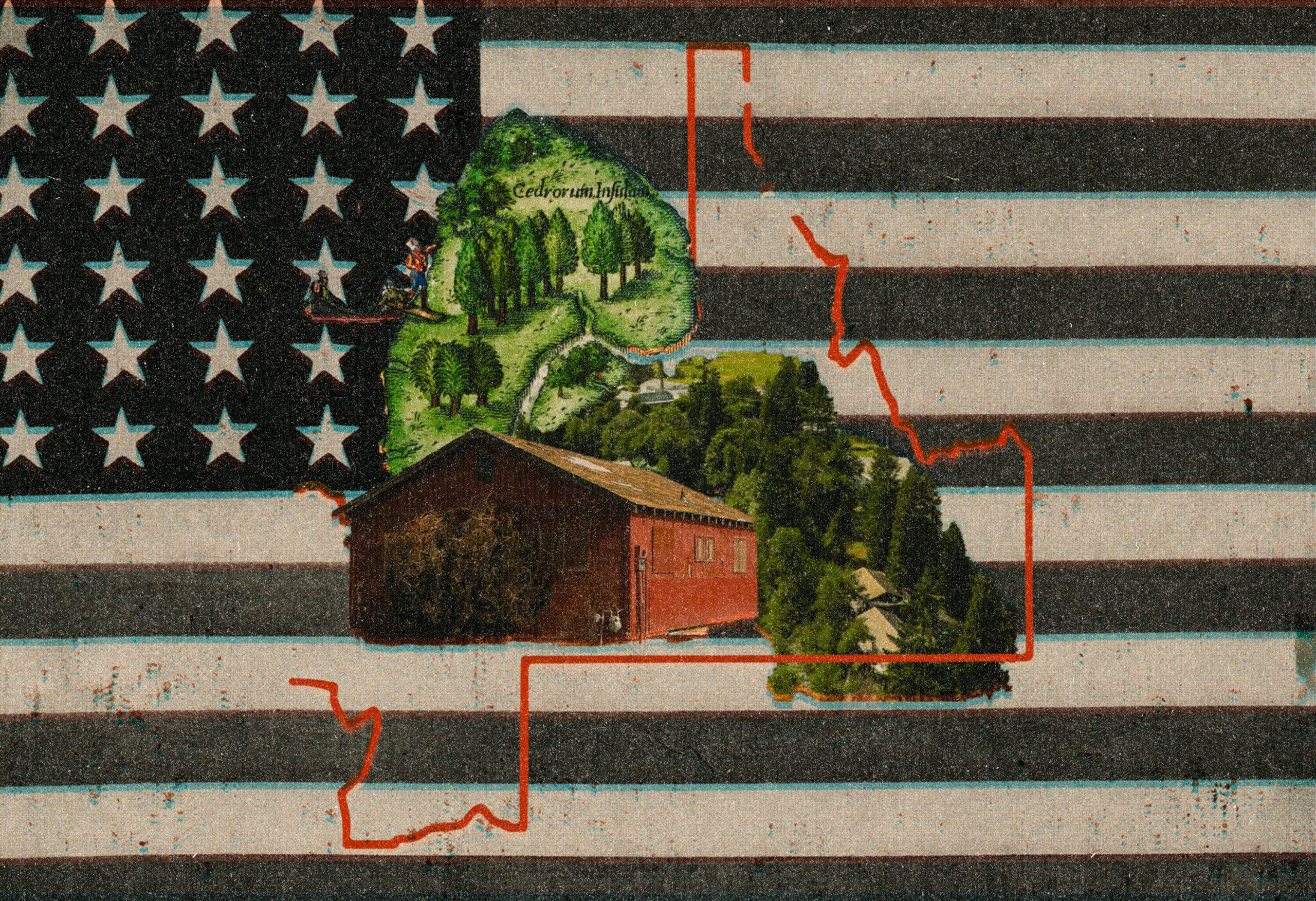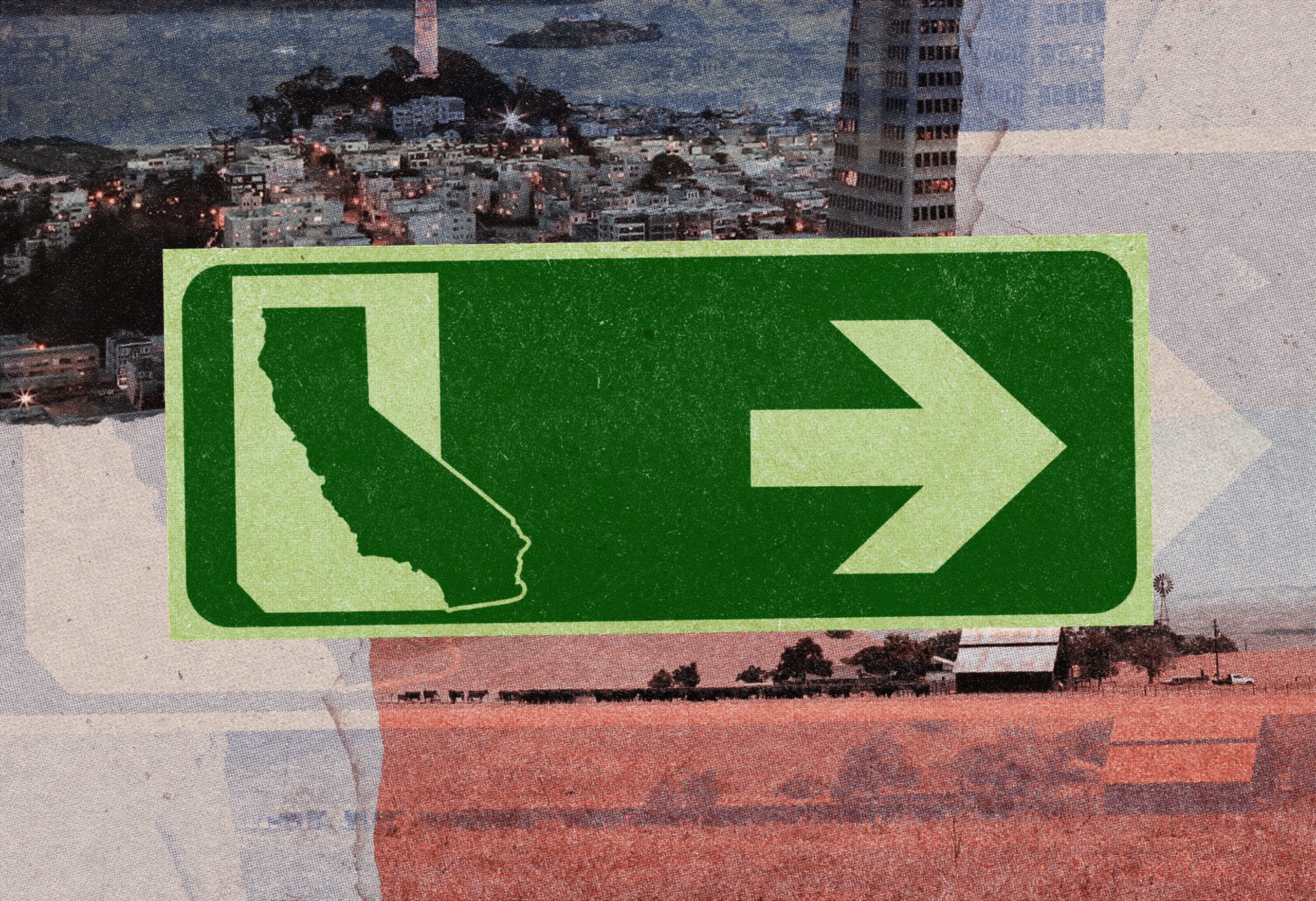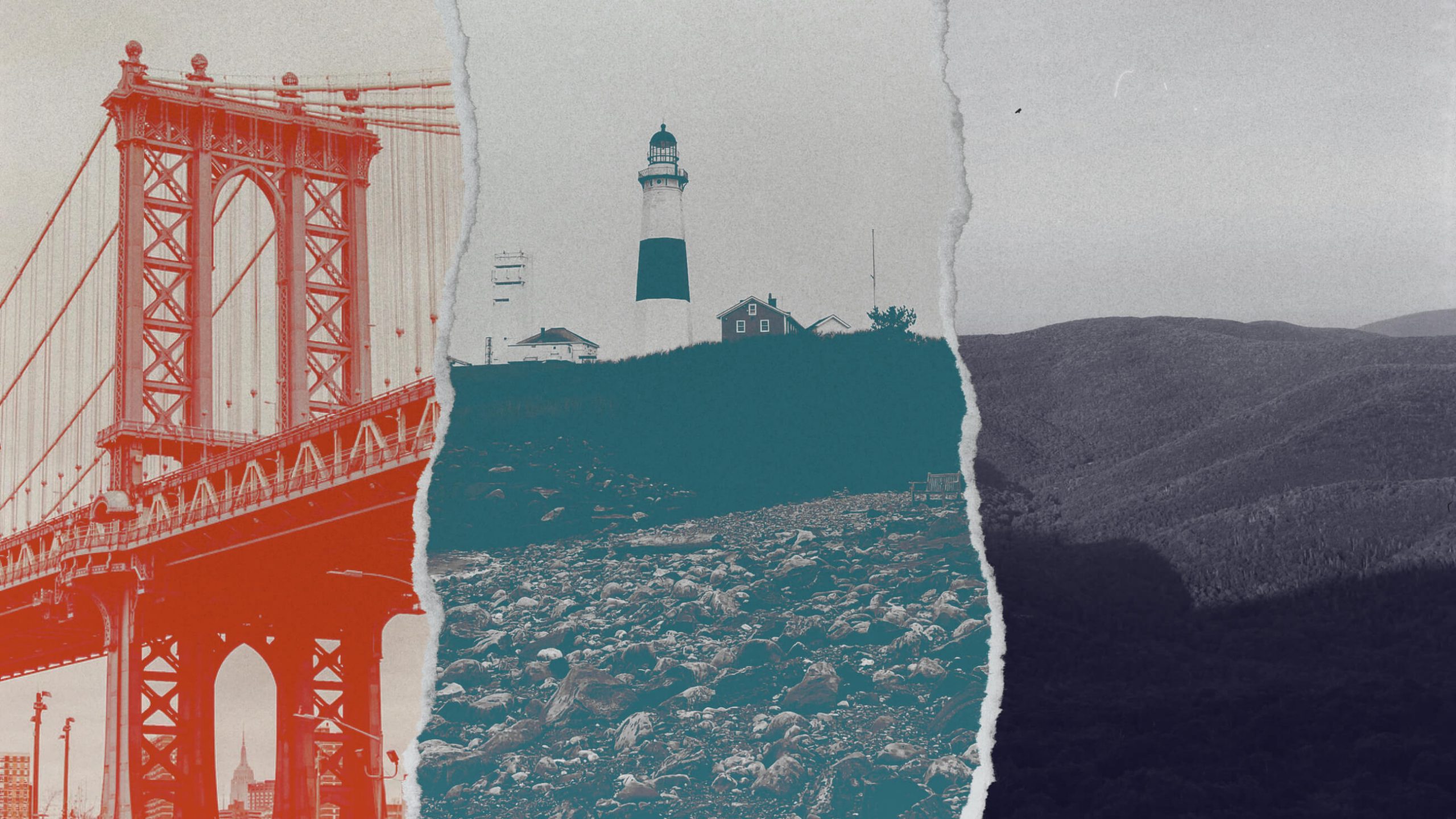State and Federal officials must give local governments room to breathe.
Meet Greater Idaho

A movement grows to upsize the Gem State.
“Greater Idaho” is a movement—supported by both conservatives and progressives—to move relatively poor, conservative, and rural counties from Oregon, Washington, and northern California into Idaho. Conservatives hope to give these rural counties a voice in their own governance; progressives hope to consolidate political power.
The Greater Idaho movement does not advocate secession. Nor does it seek the creation of a new state, such as the so-far unsuccessful movement to create a 51st state of Jefferson from southern Oregon and northern California, or the successful effort in the 1860s to create a new state from the Western counties of Virginia.
Greater Idaho simply seeks to move the borders shared among four states. The national balance of power would not change—there would be no new senate seats. Seats in the House of Representatives would hardly change. Electoral college votes would probably change a bit more, as the progressive states would lose some votes and a newly enlarged Idaho would gain them. There would be no new capitals or change of capitals, as the redrawn boundaries between the states do not encompass any current capitals. It is the simplest and most efficient means by which to give rural counties a voice in a Greater Idaho, while concentrating progressive power in other states.
Good Borders Make Good Neighbors
Division within the United States is as bad, by many measures, as it was right before the Civil War. Then, both sides disagreed about trade and slavery, but were populated predominantly by Protestant Christians from a similar Northern-European background. They shared many of the same views on life, from their belief in God to their day-to-day view of family and community.
In contrast, today’s United States includes nearly-impassible fault lines about sex, God, and marriage—what is right and good to one side is evil to the other. People in the rural portions of Oregon, Washington, and California have more in common with the citizens of Idaho than they do the fellow citizens of their own states. The creation of Greater Idaho would allow like to live with like, reducing conflict within each of these four states and stabilizing a teetering America.
As it stands, people in the rural counties of Oregon, Washington, and California are governed by strangers. They are prisoners within their own states. Their representatives have no power—members of legislative leadership rarely come from rural Oregon, for instance, or from rural Washington. Northeast California has not sniffed political power in decades. Sacramento, Salem, and Olympia ignore the concerns of their rural citizens.
Frozen out of leadership, the people of these rural counties may live in wide-open spaces, but they have been governed by lockdown mandates fit for Seattle, Portland, and San Francisco. Gun-control edicts and Critical Race Theory come to rural school districts from state mandates. High taxes needed to further progressive ideals and fix city problems, like drug use and homelessness, are forced on rural counties. The people of these rural counties share the values of Idahoans, not the big cities.
This sorting out of like people, combined with some devolution of power to the states, might allow the United States to remain peaceful and relatively prosperous, at least in the short term. States would be more homogenous, reducing internal strife. Simple solutions like forming a Greater Idaho can help turn down the temperature of politics and give the nation a better chance to get along.
The Greater Idaho movement is consistent with the self-determination of peoples. The charter of the United Nations recognizes that people have the right to choose their sovereignty without interference. Countless wars have been fought to free people without a voice, governed by remote leaders that do not share their values or care about their concerns. It is difficult to think of a principle that has a broader agreement from otherwise ideologically disparate world leaders than the right of self-determination has. Recognizing that right for the million-plus people living in Northwestern rural countries would set a salutary example nationwide.
The Greater Idaho movement is not seeking full self-determination as a sovereign nation, but only a small and measured right to join an existing state where they would have a voice. Moving borders to form a Greater Idaho has next to no downsides. It would enable the moral good of greater self-determination for all of Washington, Idaho, Oregon, and California, and a stronger United States by permitting peoples of different views to live in their own state and in their own way.
The American Mind presents a range of perspectives. Views are writers’ own and do not necessarily represent those of The Claremont Institute.
The American Mind is a publication of the Claremont Institute, a non-profit 501(c)(3) organization, dedicated to restoring the principles of the American Founding to their rightful, preeminent authority in our national life. Interested in supporting our work? Gifts to the Claremont Institute are tax-deductible.
A political quake to break up California is just what residents could need.
It’s time to split the Empire State into three autonomous regions.



